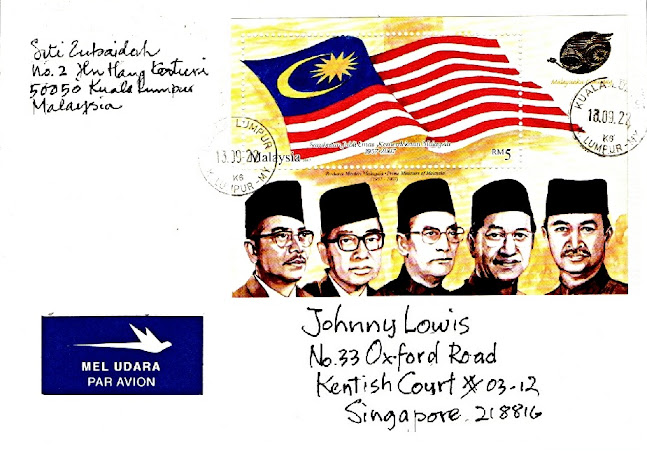Jiang Zemin
江海区
(1926 - 2022)
Jiang Zemin was a Chinese politician who served
as a president of China from 1993 to 2003.
He oversaw the transfer of Hong Kong to Chinese
sovereignty, ending 156 years of British rule. The
colony became the Hong Kong special administrative
region (HKSAR) of China.
According to the state media Xinhua News Agency,
Jiang died at the age of 96 on 30 November 2022 in
Shanghai from leukemia and multiple organ failures.





























